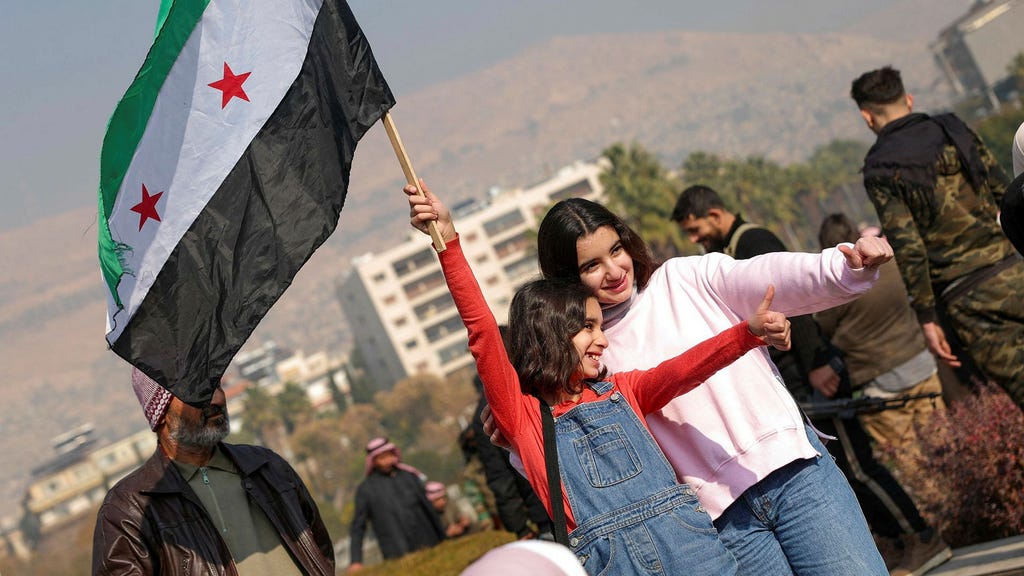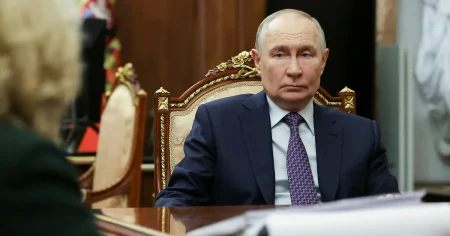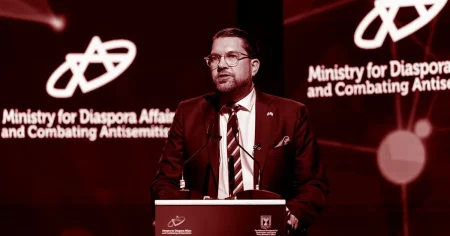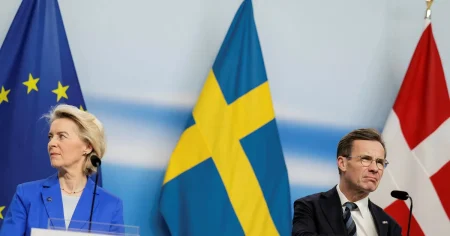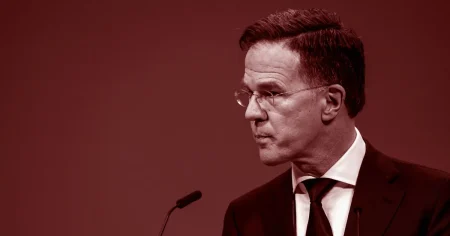The Downfall of a Dictator and the Implications for Global Politics
The news, officially announced on a Monday morning, sent ripples through the international community: Bashar al-Assad, the Syrian dictator, had been granted political asylum in Moscow. The reason given by Russian authorities was "humanitarian grounds," a statement dripping with irony considering al-Assad’s regime was responsible for one of the most significant humanitarian crises of the 21st century, the mass exodus of refugees during and after the Arab Spring. The juxtaposition of "humanitarian grounds" with a man responsible for hundreds of thousands of deaths and countless acts of torture speaks volumes about Vladimir Putin’s worldview and his disregard for international norms.
By offering asylum to al-Assad, Putin aims to prevent a repeat of the dictator’s nightmare scenario: being overthrown by his own people, apprehended, and either killed on the spot like Muammar Gaddafi of Libya or executed after a summary trial like Saddam Hussein of Iraq. The swift and unexpected nature of al-Assad’s downfall must have deeply unsettled Putin. Despite seemingly secure control, bolstered by Russia’s military intervention, al-Assad’s regime crumbled rapidly. The loyalty of his subjects evaporated, his troops abandoned their posts, and the foundations of his power disintegrated, leaving him vulnerable and seeking refuge in Moscow. This rapid turn of events serves as a cautionary tale for autocrats who rely on perceived invincibility and the suppression of dissent.
The sudden collapse of al-Assad’s regime, coupled with Israel’s conflicts with Hamas and Hezbollah, represents a significant setback for both Russia and Iran. Beyond the loss of geopolitical influence, it demonstrates their inability to maintain control even over their closest allies. This serves as a valuable lesson for aspiring dictators who might believe in the enduring power of authoritarian rule. However, the most critical question centers on the future of Syria and its people. The overthrow of a dictator does not automatically guarantee a transition to democracy. The risk of one form of authoritarianism being replaced by another, potentially a theocratic regime, is substantial. Such an outcome would likely lead to further suffering for opposition groups, women, minorities, and fuel continued civil unrest.
The only legitimate form of government is a democracy. The Syrian people, like any other population, deserve the right to self-determination, human rights, and a government that reflects their will. The international community must support Syria’s transition to a democratic state, ensuring that the mistakes of the past are not repeated. The focus should be on establishing inclusive governance, protecting minority rights, and promoting reconciliation to prevent the descent into further conflict. The establishment of a stable and democratic Syria is crucial not only for its own people but also for regional stability and international security.
While Putin has provided refuge for al-Assad, the Russian leader must now contemplate his own future. The fragility of authoritarian regimes, even those seemingly buttressed by military might, has been exposed. The events in Syria undoubtedly raise questions about the longevity of Putin’s own rule and the potential consequences he might face if the Russian people were to rise up against him. The availability of asylum for his allies in Moscow offers little comfort when considering the unpredictable nature of popular uprisings and the precarious position of autocrats.
The fall of Bashar al-Assad is a pivotal moment in modern history, highlighting the inherent instability of dictatorships and the power of popular movements. It also underscores the importance of international cooperation in supporting democratic transitions and preventing the emergence of new forms of authoritarianism. The future of Syria, the stability of the region, and the lessons learned by autocrats worldwide all hinge on the choices made in the aftermath of this dramatic turn of events. The international community must remain vigilant in ensuring that the Syrian people are given the opportunity to build a democratic future free from oppression and tyranny. The consequences of inaction are too dire to contemplate.





